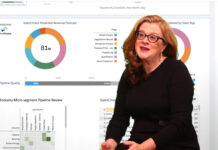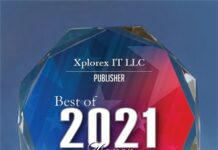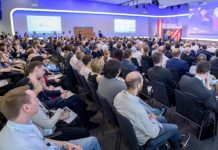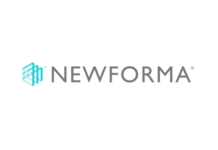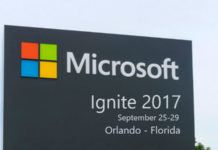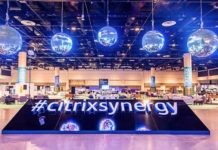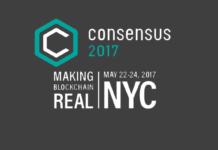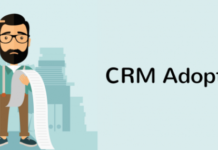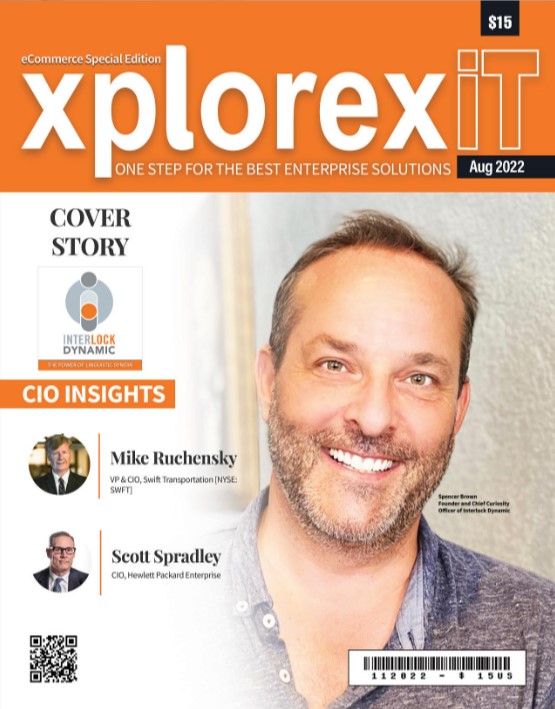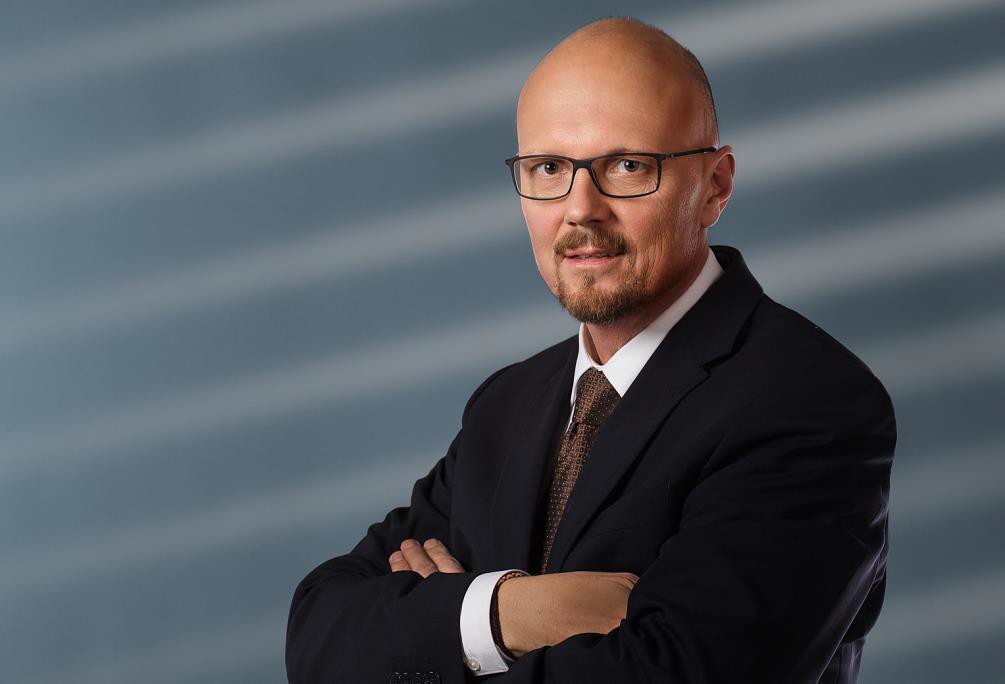
The Challenge
The efficient use of knowledge is increasingly becoming a competitive advantage. Know-how in a company is often widely scattered and very often does not cross departmental boundaries. And if the time factor is added to this, it becomes clear very quickly, how easily acquired knowledge can evaporate in a company or get lost over time (Knowledge Drain).
Digital concepts can help here and play a leading role in the successful sustainable development of a company.
In this context, the following article is intended to provide some food for thought on how to meet the challenges and transfer them into reality.
To this end, I have brought along a characteristic example, that triggers the thoughts that are dealt with in the following. Here are some key data of a tailor-made vacuum technology system unit from the field of metallurgy and heat treatment:
 Source: ALD Vacuum Technologies GmbH
Source: ALD Vacuum Technologies GmbH
The most significant attributes …
- The size of a two-family house
- Configuration: 5000+ technical assemblies
- Multidimensional system structure (Mechanics, Electrics, Electronics, Automation Technology, Software Solutions)
- High degree of individuality
- Turn into production period: 9+ month
- Production System Lifecycle: 20+ years
- Highly fragmented automation landscape
- Unidirectional information flow
- Systematic Knowledge Drain in the operating environment during the lifetime of a production plant
… represent only too well the challenges that plant manufacturers have to deal with both in the development phase and in the course of their customer responsibility (warranty, maintenance, continuous enhancements, …).
In order to meet these challenges, concepts such as: Traditional Digital Twins, IIoT Platforms, Data Management Systems, Analytical Procedures, etc. are being used in the course of the ongoing digitalisation. Whereby however very often the physical view of things is treated separately from the digital view of things and the logical treatment of acquired information.
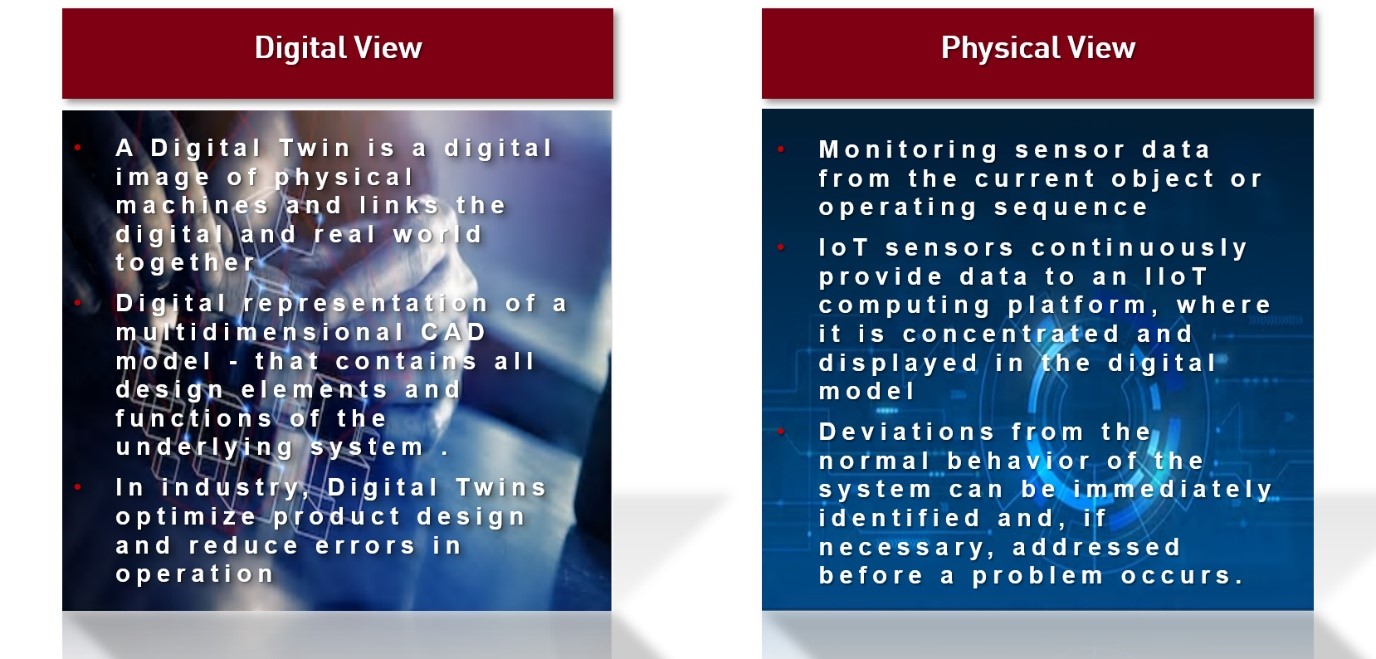 The common Digital Twin approaches are not satisfactory enough
The common Digital Twin approaches are not satisfactory enough
The existing potential of Digital Twins has so far been limited by extremely fragmented IoT landscapes that are geared towards individual applications. Despite the great potential of the Industry 4.0 philosophy, we very often find landscapes that:
- Representing too theoretical methods in a quite static environment
- Acting too generically with regard to the current situation of a grown and permanently evolving production environment
- Have a too Spotted view to the individual system lifecycle phases
- Treat knowledge management in operational environments as critically underrepresented
These self-contained systems are based on isolated data silos, thus preventing the integration of value-added services and making consistent communication throughout the life cycle of production facilities practically impossible. A superior interoperability of the structures combined with the harmonization of the individual application data form the elementary basis for a vital information ecosystem. In combination with the operational data and information from the physical world of the production facilities, these are the decisive enablers for an intelligent management of my working environment.
Approaches from the classical disciplines provide a first draft:
- Digital Thread as a communication framework that connects the traditionally isolated elements in manufacturing processes. In this way, Digital Threads enable a holistic view of the manufacturing process.
- Product Lifecycle Management (PLM) as a systematic approach to manage the various transitions a product undergoes during its lifecycle – from design and development to its retirement or disposal.
But very often one of the most important disciplines in the realization of such environments – Knowledge Engineering & Knowledge Management – are overlooked and at best decentralized, to generic “DataHub / Data Management” organizations.
And finally, in the standing production or productivity-oriented environments the question remains unanswered how to preserve the knowledge that accumulates in the life cycle of a production plant, how to update the information and knowledge base during plant operation and, above all, how to make the specific knowledge available for the different organizational areas that manage the life cycle of a production plant – and that when it is needed immediately.
In a large number of discussions with affected “stakeholders”, the following expectancy of Digital Twins for production sites came up again and again:
- Effective assessment of system’s capabilities during the whole lifecycle
- Early discovery of design or operational deficiencies by observing assembly stages before physical processes and products are turned into production
- Continuously improve designs and models through data collection, field feedback, and easy linking to engineering details
- Single Point of Truth for core KPIs, e.g.
o Cost of Quality
o Overall Equipment Efficiency
o Maintenance Costs - Seamless, fact-based innovation planning
- Holistic and intuitive access to mission critical information
We met these challenges and developed an architecture based on the ALD EXPERT product portfolio, that combines the classic elements of Digital Twins with digitalization and virtualization (Digital Thread), establishes the necessary business processes by introducing the appropriate technology, thus integrating data-driven decision management into the culture of the production company, and is extended by the factor information and knowledge management.
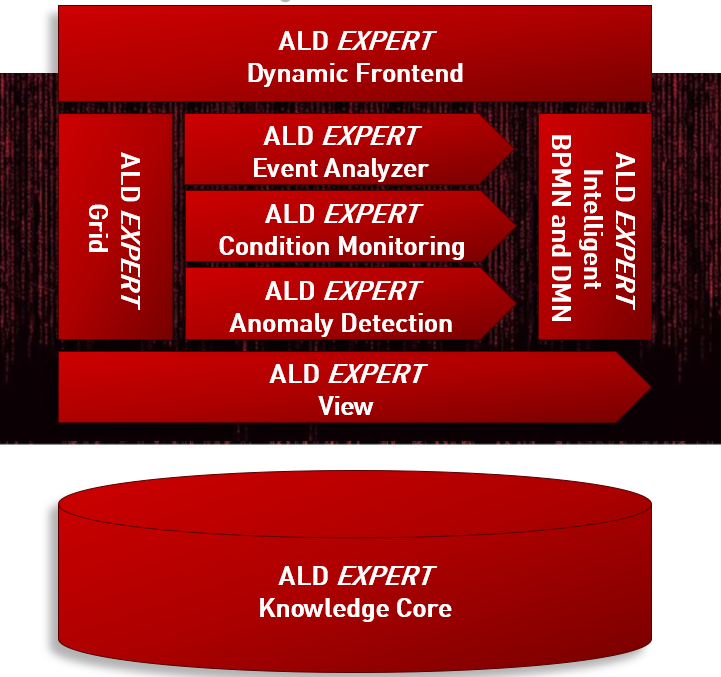 ALD EXPERT – Modular Design of a scalable Digital Thread based Knowledge Management System
ALD EXPERT – Modular Design of a scalable Digital Thread based Knowledge Management System
Conclusion
The main challenge in the future will be to preserve the knowledge about and around the developed or already existing production facilities, to continuously enrich it with updated information from the production plant and to prepare it for the most diverse user groups of an organization, task-specifically – the “Single Point of Truth”, so to speak.
Actually, we all suffer – in the age of Industry 4.0, IIoT and the associated digital transformation at a total information overkill.
Wouldn’t it therefore be much more desirable – and I am thinking in the direction of an autopilot in an airplane – to create a working environment that picks me up in accordance with my role in the company, supports me in the best possible way in achieving my individual goals and provides me with just the information I need to cope with the situation in a crisis?
Think back to the already described Single Point of Truth thought!
Making knowledge available as an asset of the future – with regard to the individual working environment, concentrated on current situation or challenge in an “autonomous” design and tailored to my area of responsibility – will be one of the key challenges in digital times.
Successful knowledge management is not least an important aspect of a superior digital “Single Point of Truth”-system concept. After all, such a digital environment pursues the essential objectives:
- Providing the right information to the right people at the right time. In this world, the resources knowledge, experience and creativity are more easily accessible and can be used more quickly
- Establishing intelligent workflows, automated decision-making processes and cognitive methods for information retrieval will ensure goal-oriented access to the most essential, up-to-date information in a focused, ergonomic working environment
- Supporting people quickly and effectively when they were faced with difficult decision-making problems or to solve them independently to a certain extent
- Particularly in the context of the continuing digital transformation, knowledge building and knowledge management must be rethought and continuous learning must be reorganized. In the future, production areas must become agile, learning organizations that not only reproduce knowledge themselves, but also generate and conserve it in order to effectively counteract the knowledge drain to be feared
Within the framework of our digital strategy we are currently working on such concepts in a team and if you are interested you are welcome to get in touch in me.



